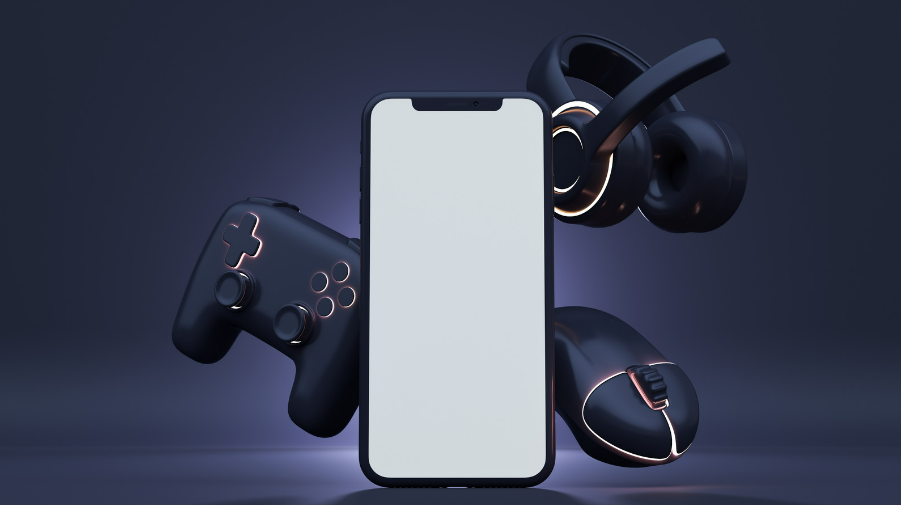Mobile gaming in 2024 represents the largest part of the gaming pie. Valued at more than both console and PC gaming markets, mobile’s unexpected dominance in the space has fundamentally shifted the priorities of the entire industry. It’s filled with all kinds of kinds from developers, old and new, offering many experiences that are on par with the top of what its more established cousins have to offer.
Yet, as well as this side of the industry continues to perform, not all genres available on mobiles match their PC and console counterparts. This is an interesting disparity, highlighting the challenges, advantages, and disadvantages born of a difference in form factor. From overwhelming success to frustrating failure, the spectrum offers profound insight into what we might expect from the years to come.
Input and Power
The two major contributing factors that set smartphone devices apart from other gaming systems are the maximum potential processing power and the differences in input controls. Processing power differences result from the small form factor of smartphones and tablets, which only have so much space. Limited space limits battery life and cooling, which naturally inhibit performance compared to the large and high-powered components of something like a modern gaming PC.

Differences in input come from how mobiles use touch screens as a default instead of gaming controllers or a mouse/keyboard setup. No tactile feedback can be detrimental in some types of games, especially fast-paced titles, or for people with sensory issues.
A Genre by Genre Basis
The first few generations of mobile games were often met with interest from longtime gamers of other systems but were generally regarded as too simple to ever really compete. In reality, the suitability of mobiles to games varies enormously by genre and which games can best cater to the hardware of smartphone and tablet systems.
On the most well-suited side, we have games and services that are more deliberate in pace, such as those demonstrated on this NJ casino app. Whether on Apple or Android, the genres of games on this app, like slots, roulette, and poker, operate without compromise. The same applies to general website navigation, a former mobile problem that has been solved for a long time. The advantages here similarly apply to card-based and turn-based video games, even offering preferable ways to play for many users.
Difficulties arise when genres require fast-paced inputs and the precision of more established input devices. Though some users can perform incredible feats on touch screens that let them perform as well as many traditional input users, most can’t.

Even when paired with aim assists that have already proven themselves on consoles in narrowing the controller to mouse/keyboard gap, touch controls can be a step too far. This means genres like shooters, real-time strategy, and fighting games can’t really excel on mobile systems, no matter how far the technology evolves.
Of course, if you don’t intend to compete at the highest level or play with users on other input systems, whether a genre is more difficult on mobile doesn’t truly matter. What counts is if you can play while enjoying yourself, even if your performance isn’t as good in some genres as it would be on PC or console. Still, it’s worth thinking about if you are looking for matchmaking or jumping into the competitive scene so you can find an approach that best fits your potential.


